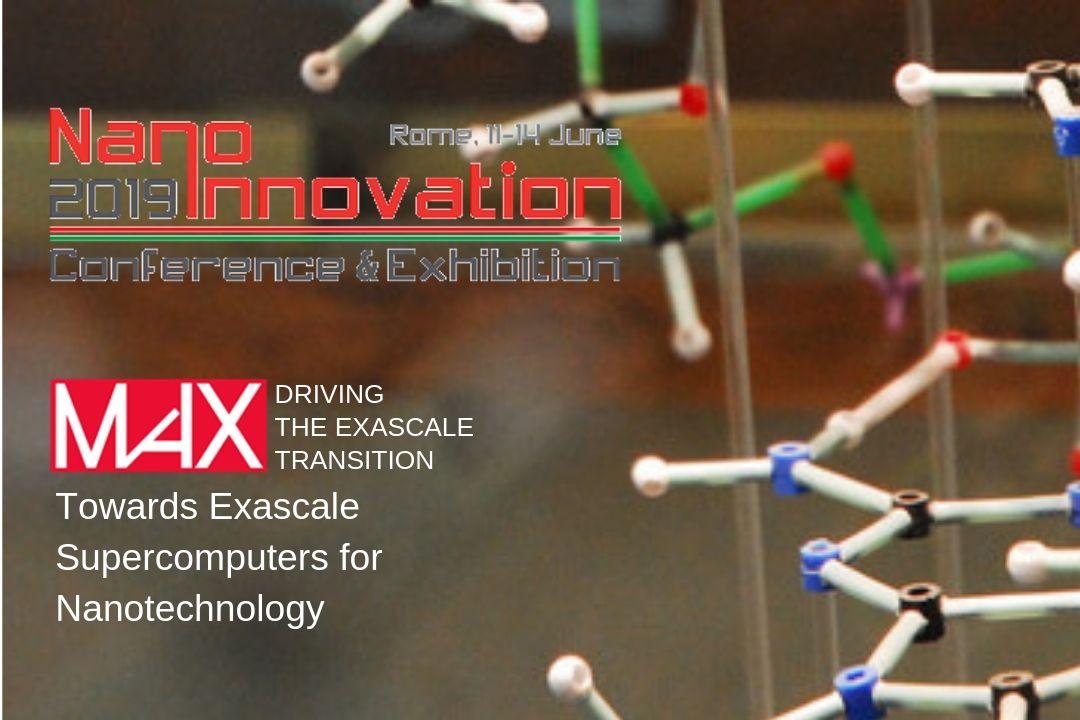Fleur Code: Application and uses in the field of material science
The development of the current technological society as we know so far, it interconnects with the research and development of scientific disciplines such as material engineering.
In particular this kind of scientific studies and researches the innovative materials and their own mechanical, physical and chemical properties. For example, the magnetic nanostructures study is one of those applications.
Magnetic nanostructures are being developed for use in many aspects of our daily life.
To give some practical examples, those nano-particles are used for magnetic inks in our bank checks, in our devices for the data storage such as the hard disks, in the magnetic recording media and many more useful applications.
Every day, material scientists and researchers through incredible instruments and software are able to perform and to simulate the behaviour of these nanoparticles through complex "supercomputing".
In this context, it arises and finds place Fleur-code.
Fleur is one of the flagship code suites of MaX centre, part of the juDFT family of codes developed in Julich, in collaboration with seven universities across the globe, from Japan to Wisconsin.
This open-source software operates in the "nanomagnets" field.
The characteristic of nano-magnet, as the same word indicates, is a particle with its own magnetic field force. The magnetic fields surround and are originated by magnetised material and by moving electrical charges (e.g. electric currents) such as those used in electromagnets.
Through Fleur the science researchers, are able to simulate complex electrical system structures with a high percentage of reliability.
The nano-magnets study finds applications in many fields such as molecular biology, biomedicine, biochemistry and various other industrial applications are increasingly being researched.
Would you like to discover more about Fleur? Visit the official website. Stay up-to-date by following MaX on Twitter and LinkedIn



